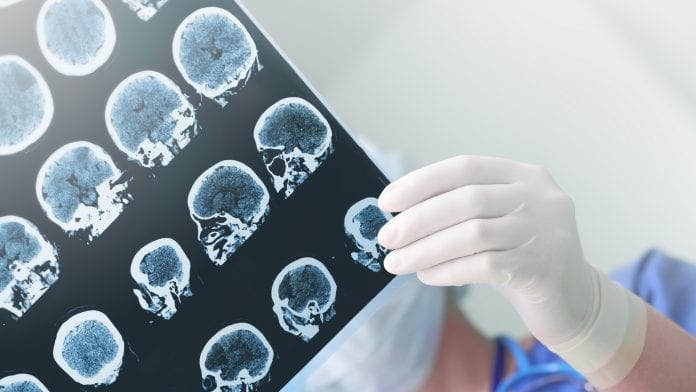
Alzheimer’s disease research has taken a leap forward thanks to the discovery that pulsations of the cerebral arteries maintaining the brain’s cleaning system differ in Alzheimer’s disease patients.
Researchers at the University of Oulu have discovered that pulsations that drive the brain’s cleaning system are completely different in patients with Alzheimer’s disease, especially in the areas of the brain associated with memory functions.
The findings from this study are crucial for understanding the brain mechanisms that lead to Alzheimer’s disease and the prevention and treatment of the disease. The research, which was funded by the Academy of Finland, the Finnish Brain Foundation, Jane and Aatos Erkko Foundation, and Infotech Oulu, has been published in the journal Brain.
Plaque build-up
Two kinds of waste materials are accumulated in the brain in Alzheimer’s disease – beta-amyloids and tau proteins. The build-up of these materials can cause the brain to deteriorate and weaken memory functions and data processing abilities. Research has demonstrated that in the disease, harmful amyloid plaque is formed around the brain tissue and also around the cerebral arteries, stiffening them.
The glymphatic system cleans the brain of waste material during deep sleep, however, if disturbances occur in the cleaning system, waste material starts to accumulate in the brain, leading to premature brain degeneration. The driving force of the system is created by the heartbeat, as well as by respiratory movement and pulsation of the blood vessels.
Zalán Rajna, head researcher of the study and a member of the Oulu Functional Neuroimaging and Biosignal Analysis research groups at the University of Oulu, said: “Both the propagation speed of the pulse waves and their direction differ in Alzheimer’s patients in comparison to healthy controls. In certain parts of the brain, including the hippocampus and parietal lobes, the direction of propagation of pulse waves was reversed compared to healthy individuals. These parts of the brain play a major role in memory functions.
“We observed that upon arrival, the pulse propagation is abnormal in Alzheimer’s patients: too fast in small vessels and too slow in large ones.”
However, currently, it is uncertain whether the accumulation of amyloid plaque in the brain of an Alzheimer’s patient is caused by abnormal pulsation or whether the plaque accumulated around the arteries cause the abnormal pulsation.









